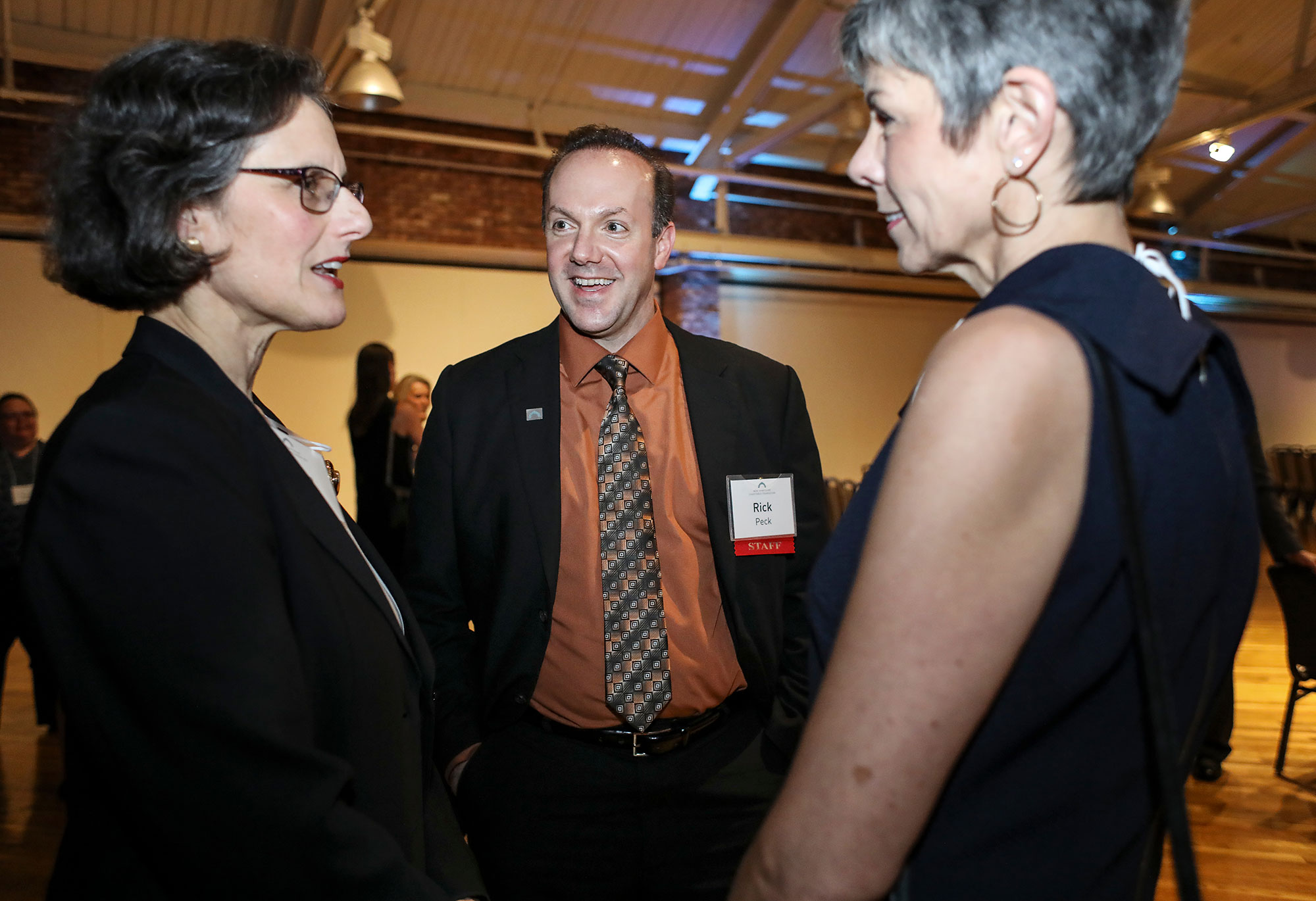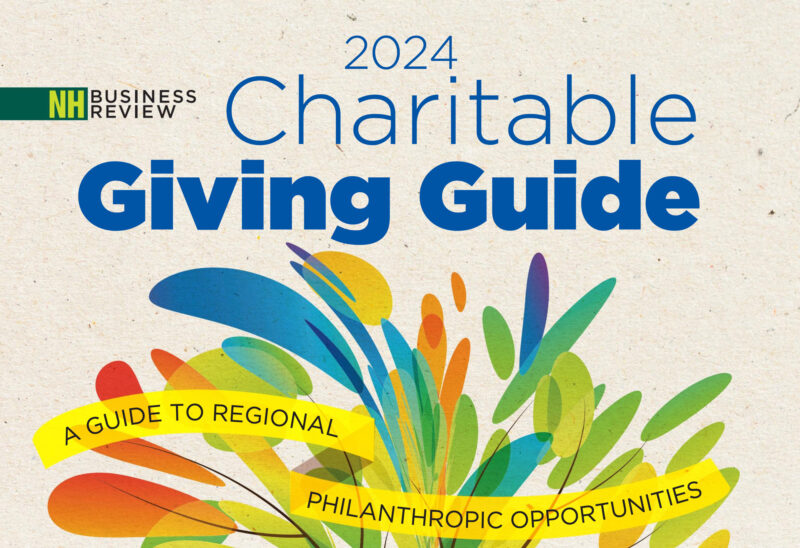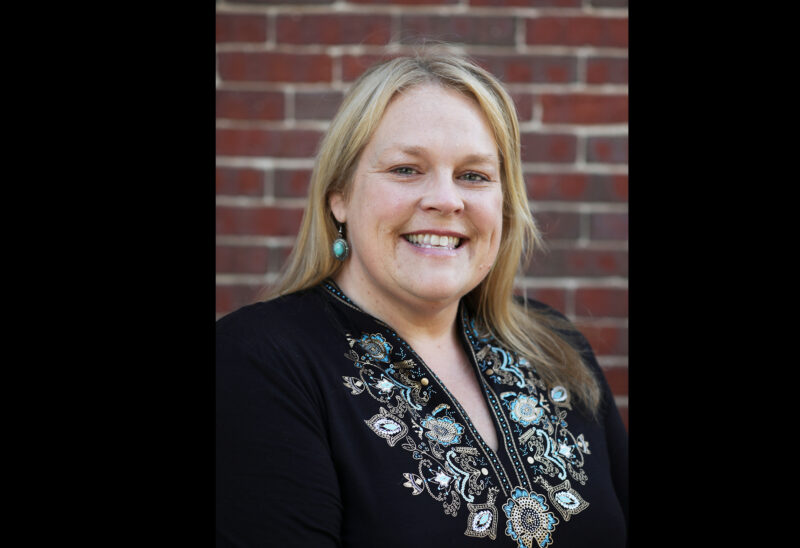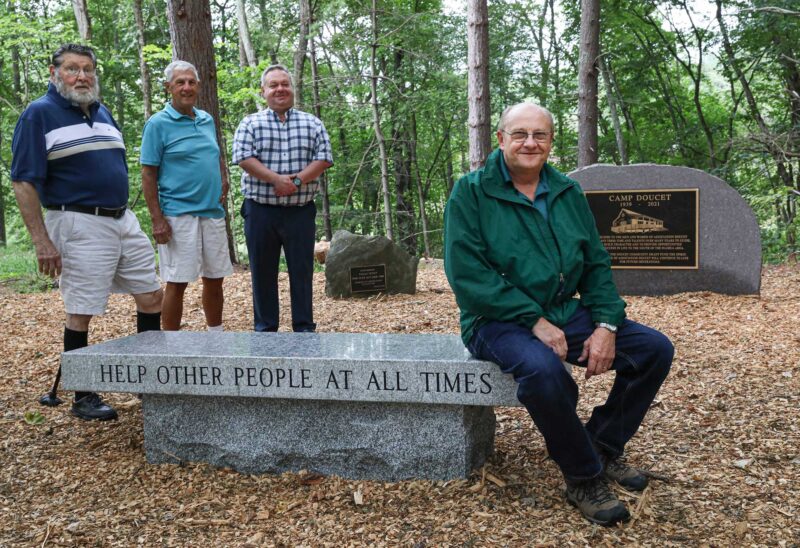The bull market that prevailed in 2017 — and the uncertainty over tax reform proposals for 2018 — make year’s-end an excellent time to think about charitable giving.
Much uncertainty remains over proposed changes to the tax code. For many, particularly people in higher income brackets, it may make sense to make gifts during the 2017 calendar year, while tax laws are more certain — before proposed changes to tax rates and deduction values are enacted that could reduce tax benefits from charitable giving.
Tax benefits are not the main reason people give. The Foundation works with thousands of generous people who are, first and foremost, passionate about helping others, making their communities stronger, and supporting great causes and organizations. The holidays are a great opportunity to have the conversations with family about what causes and organizations you would like to support.
But tax benefits have helped to drive giving in the U.S., and they could be reduced in years to come. Proposed changes to the estate tax, for instance (which was enacted 100 years ago, in 1917, and gave rise to major philanthropies that have had a profound positive effect nationwide) could have a negative effect on charitable giving.
A person with appreciated securities may choose to take advantage of significant tax savings by donating those securities to a charity or charitable fund, thereby increasing the overall impact of giving. Donating stocks, bonds or mutual funds directly (rather than selling them and donating the proceeds) means that capital gains taxes are eliminated while the value of the asset is eligible for a deduction – so more goes to charity, and the deduction is potentially higher.
Setting up or adding to a donor-advised fund at the New Hampshire Charitable Foundation is an effective and efficient way to make a year-end charitable gift. Donor-advised funds are quick and easy to establish, and decisions about contributions to specific charities can be made later. The Charitable Foundation’s team of experts provides access to deep knowledge about philanthropy and the nonprofits doing the most effective and critical work in our communities. The Charitable Foundation works hard to maximize the value of every philanthropic dollar, acting as a hub for donors to come together to direct resources toward high-impact organizations and projects, making strategic grants, leading and collaborating on important initiatives, and using resources to attract national foundation and federal funding to support critical work in New Hampshire.
The Foundation’s team of senior philanthropy advisors is available now — and all year long — to work with donors and their financial advisors to craft individualized plans to help generous people reach their philanthropic goals.
Richard Peck served as the vice president of donor engagement and philanthropy services at the New Hampshire Charitable Foundation.
The Foundation works with many generous New Hampshire businesses, families and individuals to amplify the power of their giving. To learn more, please contact Melinda Mosier, vice president of donor engagement and philanthropy services, at zryvaqn.zbfvre@aups.bet or 603-225-6641 ext. 266.
This article is informational and educational in nature. It is not offering professional tax, legal, or accounting advice. For specific advice about the effect of any planning concept on your tax or financial situation or with your estate, please consult a qualified professional advisor.








![Oluwakemi Olokunboyo of Dover received a McNabb scholarship to study nursing at Great Bay Community College [Photo by Cheryl Senter]](https://www.nhcf.org/wp-content/uploads/2024/05/Scholarship-Hero-800x548.jpg)
![Indrika Arnold, Senior Wealth Advisor, the Colony Group [Photo by Cheryl Senter]](https://www.nhcf.org/wp-content/uploads/2024/05/Indrika-Arnold-Hero-800x534.jpg)









